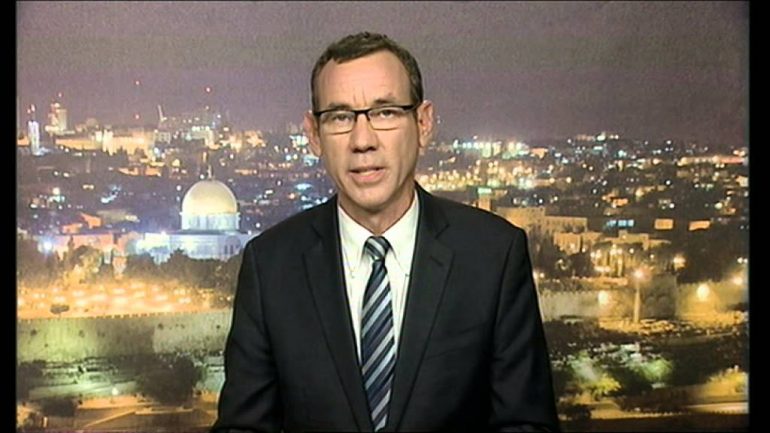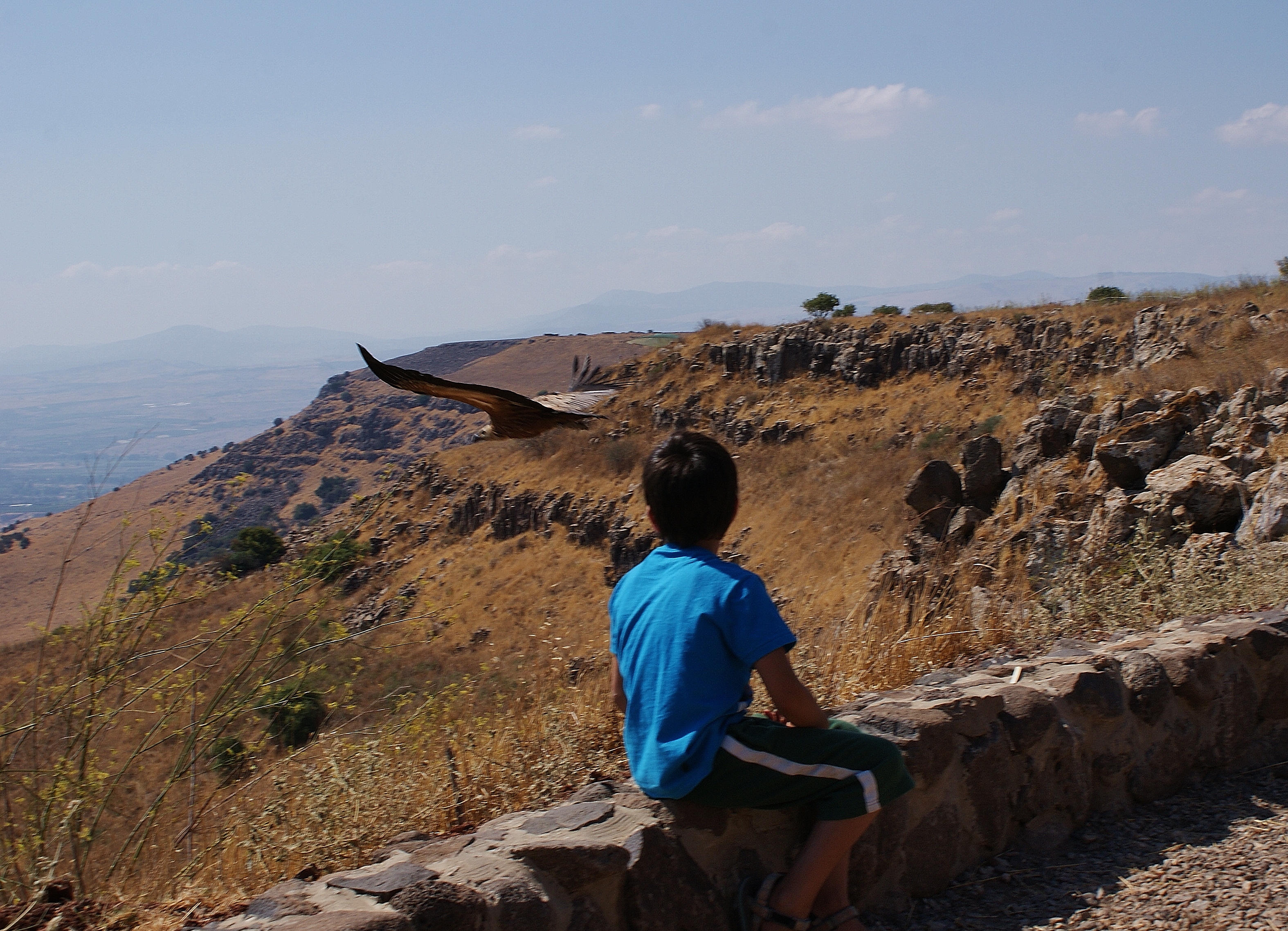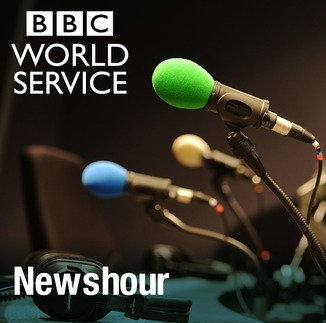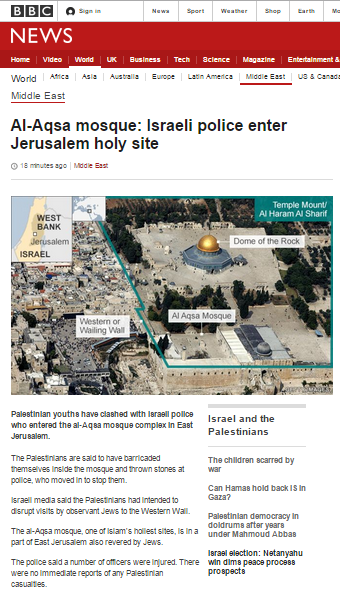On the afternoon of July 24th an UNRWA school in Beit Hanoun where many Palestinians were sheltering was hit by projectiles of origins as yet unknown. Some sixteen people were killed and many injured. It is not yet clear exactly what happened there and the incident is under investigation by the IDF. What is known, however, is that the vicinity of the school had been previously used by terrorists to fire missiles into Israel, apparently with some falling short. Because of that fact, the IDF had advised UNRWA to evacuate the civilians from that school and a four-hour humanitarian corridor had been agreed. Although UNWRA representatives claimed differently – at least one eyewitness seems to suggest that an evacuation was planned.
“Sabah Kafarna, 35, had also been sheltering at the school. “At about 11.30 someone from the municipality came to tell us that we were going to be moved because it was too dangerous. But the buses didn’t come. That’s why [there were] so many people all outside when the shells landed,” she said.”
The New York Times reports:
“The Israeli military warned on Monday that the shelter should be evacuated. By Thursday, the United Nations had decided to withdraw its staff and to stop providing food.
Then, as the Palestinians gathered in the courtyard on Thursday, believing they were about to be bused elsewhere, blasts tore through the crowd, killing 16 people and sending scores of wounded, mostly women and children, streaming into local hospitals.”
It is also known that at the time of the incident, a battle was raging between terrorists and IDF soldiers operating in the area. Below is an IDF statement concerning the events.
“In the past few days, the area surrounding the UNRWA school in Beit Hanoun has turned into a battlefield, therefore prompting the IDF to insist those present to evacuate it. Furthermore, the IDF authorized a humanitarian time window for evacuation between 10:00-14:00 IDT earlier today. Hamas prevented the civilians from leaving it and once again used their infrastructure and international symbols as human shields. In the course of the afternoon, several rockets launched by Hamas from within the Gaza Strip landed in the Beit Hanoun area. From initial inquiries done about the incident, during the intense fighting in the area, militants opened fire at IDF soldiers from the school area. In order to eliminate the threat posed to their lives, they responded with fire toward the origins of the shooting. The IDF is still reviewing the incident.
Furthermore, according to the COGAT Spokesman, the UNRWA claims that Israel prevented the safe evacuation of the school in Beit Hanoun are unfounded. It should be emphasized that during recent days, COGAT has been maintaining close contact with representatives of the UNRWA, the ICRC, and Palestinians in Beit Hanoun. COGAT made every possible effort to ensure the safety of local residents by evacuating them from the area, which has been marked by intense fighting and Hamas rocket launching towards Israel, including from the vicinity of such facilities. It should be further emphasized that following this contact, the humanitarian window was authorized.”
BBC Two ‘Newsnight’ presenter Emily Maitlis however did not need to wait until investigations had been completed in order to determine whether the UN facility was hit by an errant IDF shell, a shortfall terrorist missile, terrorist mortar fire aimed at IDF troops or any combination of the above. Interviewing Israeli spokesman Mark Regev just hours after the incident – and clearly completely misunderstanding the nature and intention of IDF warnings to evacuate because of fighting in the area – she emotionally charged Regev with the following:
“But you said you were going to hit it. You hit it. You killed them.”
Beyond Maitlis’ distinctly unprofessional demeanor throughout this interview, her repeated interruptions and her obvious urgency to promote her own version of events to audiences, one patronizing statement she makes is extremely revealing and actually captures the essence of much of the BBC’s reporting of the current hostilities in a nutshell.
“You have a very effective defence system. It’s called the Iron Dome. It stops you for the most part being hit. They [the people in Gaza] don’t and they’re paying the price with their dead children.”
An abridged version of this interview is also being promoted on the BBC News website in addition to the promotion of the full item on the ‘Newsnight’ Youtube channel. The head of the BBC’s Middle East Bureau described it thus in his Twitter promotion of the item:

Whether “strong” is an appropriate adjective for the performance of an interviewer obviously less interested in hearing about the actual circumstances of an event than in promoting her own already fixed – and frankly tediously parochial and uninformed – narrative of events is clearly a matter of taste.





